Publications
Articles, publications, books, tools and multimedia features from the U.S. Institute of Peace provide the latest news, analysis, research findings, practitioner guides and reports, all related to the conflict zones and issues that are at the center of the Institute’s work to prevent and reduce violent conflict.
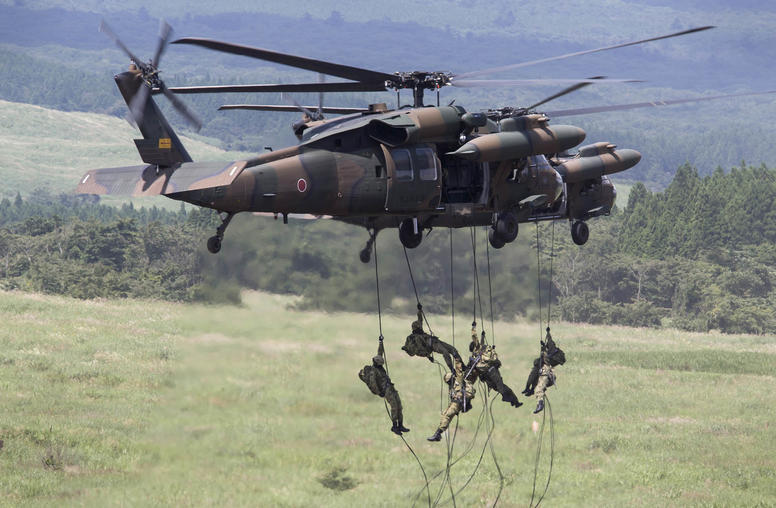
What You Need to Know About Japan’s New National Security Strategy
Japan released on Friday a new, robust national security strategy and complementary defense planning documents. The strategy is Japan’s first in nearly 10 years and only its second ever. The strategy navigates the country’s response to significant changes in the regional and global security environment, including Russia’s invasion of Ukraine, and reflect Japan’s growing sense of vulnerability vis-à-vis its immediate neighbors. USIP’s Mirna Galic looks at the new strategy and what it means for the region.
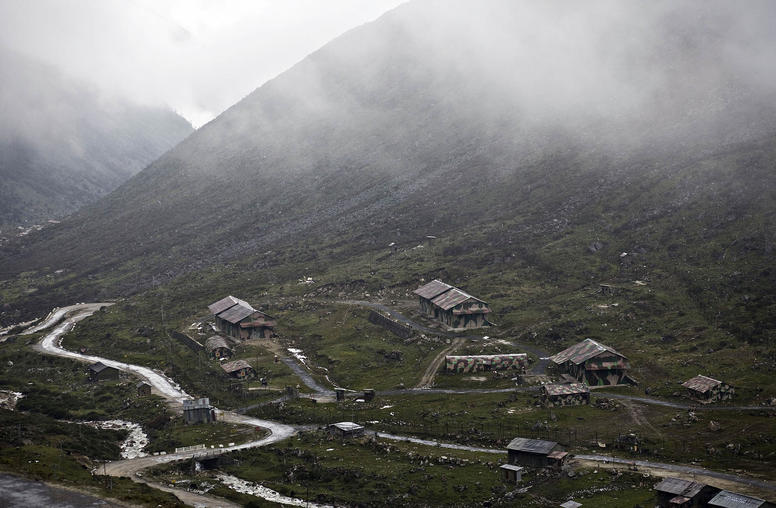
Another Clash on the India-China Border Underscores Risks of Militarization
On December 9, hundreds of Indian and Chinese forces clashed along the Line of Actual Control (LAC), the roughly 2,100 miles contested boundary that separates northern India from China. Neither side used firearms, and no deaths were reported, but both Indian and Chinese forces sustained injuries. The skirmish was the worst since the summer of 2020, when deadly fighting in the Galwan Valley led to the most significant border escalation in over four decades. In the wake of those 2020 clashes, India and China held 17 rounds of military talks — but have been unable to reach terms for disengagement across key areas of the disputed border.
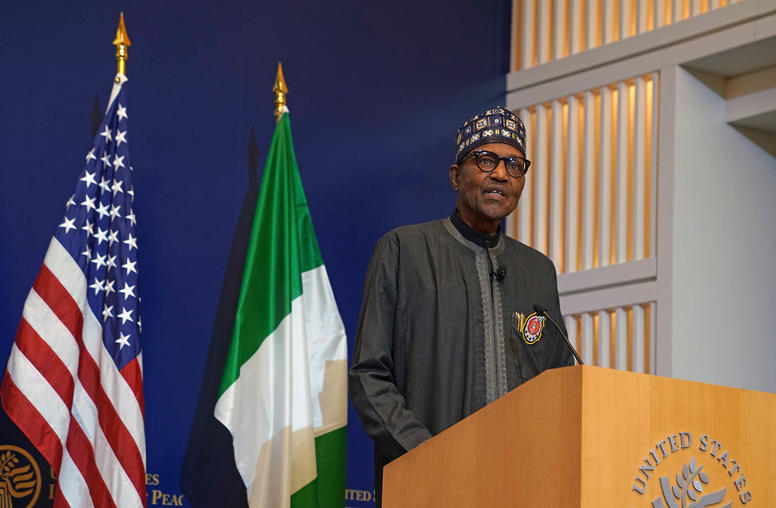
Nigeria’s Buhari Vows a Credible Election to Bolster Democracy
Nigerian President Muhammadu Buhari says he expects a credible election to choose his successor in just 10 weeks. A credible, publicly accepted result and a peaceful transfer of power could help consolidate democracy in Africa’s most populous country following democratic setbacks in the region, notably seven coups in 26 months in the Sahel and West Africa. Buhari, first elected in 2015, is completing his second term in office, the constitutional maximum, and is to hand power to his elected successor in May — an extension of democracy that Buhari has said he wants to ensure as part of his legacy to the country.
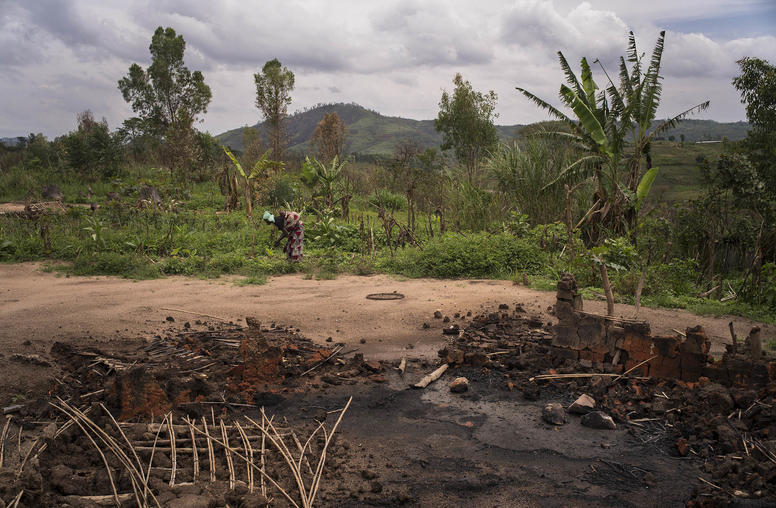
Saving Congo’s Forests Means Changing ‘Law Enforcement’
The Congo Basin rainforests, the world’s second largest, form the planet’s single greatest “carbon sink,” absorbing the atmospheric carbon dioxide that is overheating our planet. Yet this crucial front line against climate change is threatened by illegal and industrial logging, mining, oil and gas concessions and ongoing warfare in eastern Democratic Republic of the Congo (DRC). To save the rich and unique ecosystems of the Congo Basin forests, policies are needed to stop destructive resource exploitation and ongoing violence. This includes devising more effective, holistic approaches to upholding conservation laws in national parks and other protected areas.
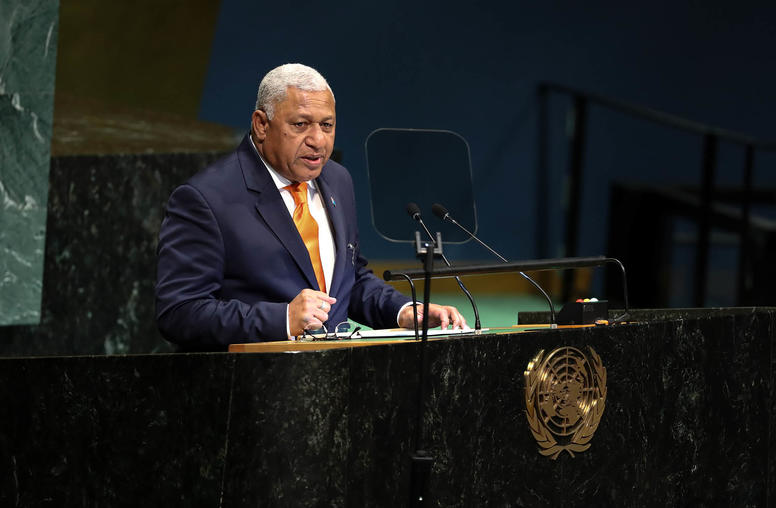
Fiji’s Election Marks a Crucial Moment for its Fragile Democracy
Fiji has become an integral part of the United States’ reengagement in the Pacific in recent years, including a visit to Suva from U.S. Secretary of State Antony Blinken in February. Although Fiji is a small country by global standards, it is a regional leader in the Pacific due to its central location, relative size and international role on issues ranging from peacekeeping to climate change action. Fiji also houses one of only six U.S. Embassies in the Pacific Islands, making it a hub for regional diplomacy.
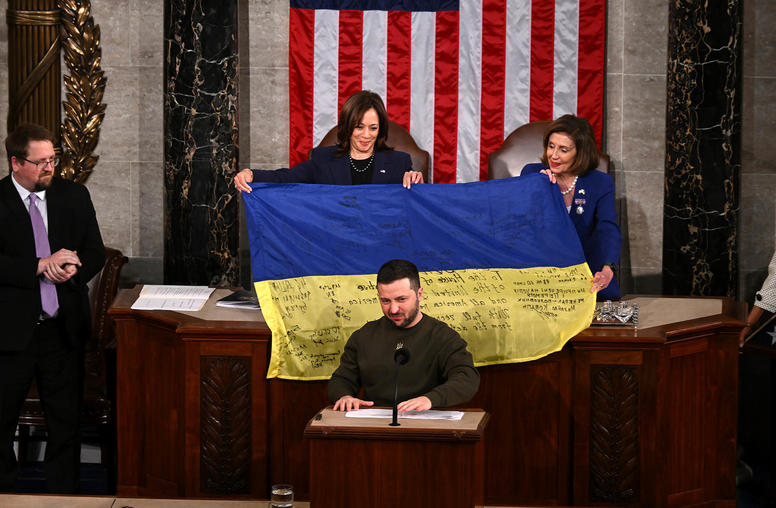
Ukraine’s Zelenskyy Asks: Can We Shorten This War?
President Volodymyr Zelenskyy seized Americans’ attention yesterday, rushing from a smoking Ukrainian battlefield to ask Congress directly for the help that can let Ukrainians turn back Europe’s most brutal war since Adolf Hitler. Flying home last night, the question Zelenskyy left behind is this: Will the United States trickle out its assistance slowly, perhaps to avoid a Ukrainian collapse but leaving this war to grind for years? Or might Zelenskyy’s impassioned appeal persuade Americans to invest in his ambition to shorten the bloodshed, reversing Vladimir Putin’s invasion in coming months to force him to accept a negotiated off-ramp from the war?
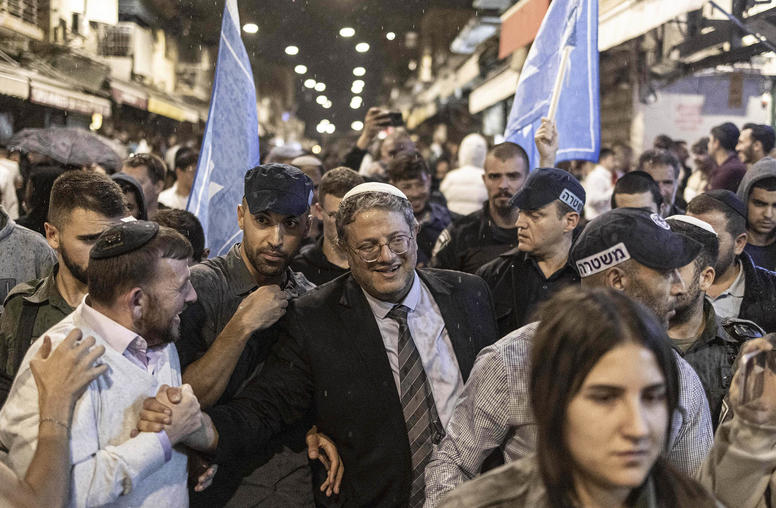
What Does Israel’s New Government Mean for the Israeli-Palestinian Conflict?
As 2022 came to a close, Benjamin Netanyahu once again took the helm of Israel’s government just 18 months after losing power in the wake of a series of stalemated elections. Already Israel’s longest-serving prime minister, Netanyahu’s approach to foreign policy, and to the conflict with and occupation of the Palestinians, is to some extent a known quantity. However, with his comeback and governing coalition dependent on the support and partnership of once-fringe extremist parties and politicians, 2023 holds the potential for conflict-driving disruption. USIP’s Lucy Kurtzer-Ellenbogen discusses the possible implications of Israel’s new government for the Israeli-Palestinian conflict and for Israel’s regional and foreign relations.
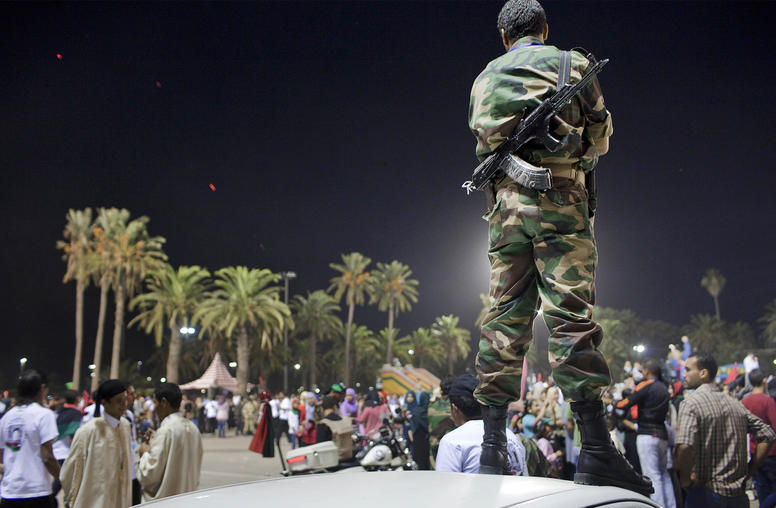
The U.N.’s Libya Mission Needs a Reset
Nearly 12 years since the overthrow of Libya’s longtime dictator, Muammar Qaddafi, the country remains divided, providing opportunities for malign foreign interference. European and Middle Eastern governments have exploited the Libyan conflict to advance narrow self-interests — often at the expense of the Libyan people. Against this backdrop, the United Nations, via its support mission in Libya (UNSMIL), has worked to find a way to balance the interests of the Libyan people, political elites and powerful external actors to devise a political settlement and resolve the conflict.
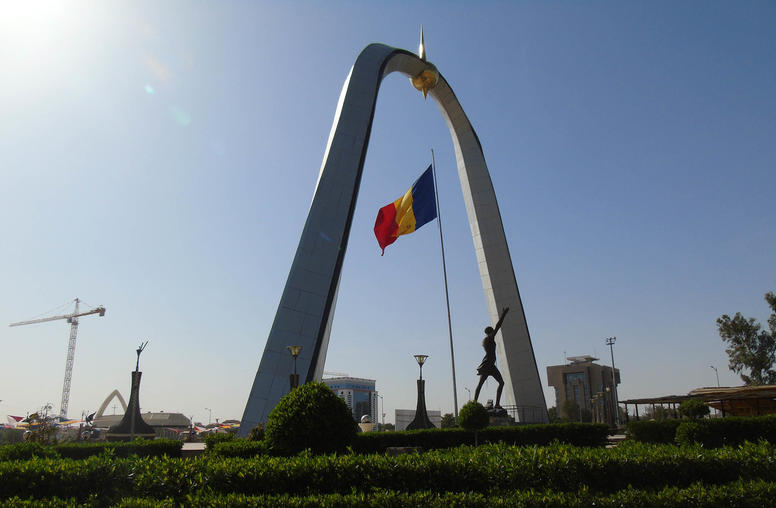
The U.S. Role in Furthering Chad’s Democratic Transition
When Chadian leader Mahamat Idriss Déby announced in October that the country’s transition period would be extended another 24 months, demonstrators took to the streets in protest, where they were met with violent repression from Chadian security forces. As the dust settled, Chadian authorities initially disclosed 50 people had been killed — but opposition groups and independent observers claim a much higher figure.
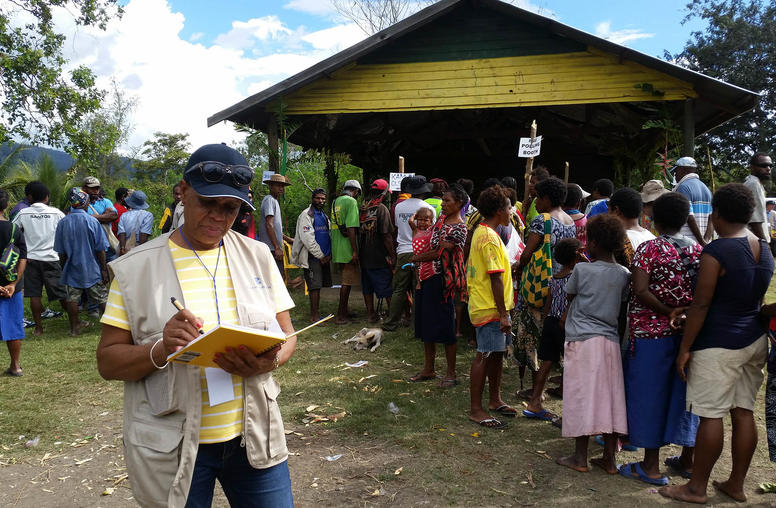
Why Are Papua New Guinea’s Elections Plagued with Problems?
Papua New Guinea’s 2022 elections suffered from a host of problems, following a pattern plaguing the country’s polls for years. At least 50 people died in election-related violence. Post-election fighting in the country’s Highlands region contributed to a rapid rise in internally displaced people. Election observers estimated that in some places as many as half of all voters could not vote owing to problems with the roll. Voting was disrupted and ballot boxes hijacked in places, and violence prevented vote counting from being completed in at least two national electorates. There is now an urgent need for the international community to intensify their work with the government of Papua New Guinea to ensure that future elections improve and that the country’s democracy is preserved.